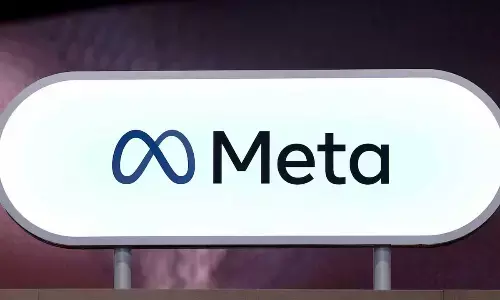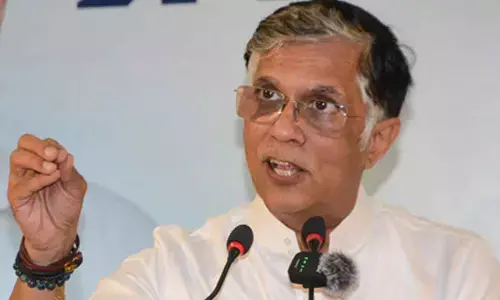Ocean Acidification: Do We Give a Fish?

Ocean Acidification: Do We Give a Fish. Two years ago, one morning I stood on the beach of Calangute – a coastal town in western India’s Goa and watched rows of fishing boats returning to the shore.
Two years ago, one morning I stood on the beach of Calangute – a coastal town in western India’s Goa and watched rows of fishing boats returning to the shore. Each of these boats had, wrapped in a large net, the night’s harvest from the ocean. As the fishermen emptied their nets, the sand was instantly covered with a silver carpet of thousands of fish. ‘Blessed wealth of a benevolent sea god’– I remembered whispering to myself.
.jpg)
Today, I am reading a UN scientific report that shows that the blessing and wealth of the ocean is under severe threats, thanks to a rapidly rising level of acidification of the ocean water.
The report, titled “An Updated Synthesis of the Impacts of Ocean Acidification on Marine Biodiversity” says that the level of carbon dioxide in the water – which is what “acidification” actually means - of our oceans is increasing at a high speed. The growing carbon dioxide is already destroying corals, mollusks and other elements in the sea bed and is a big threat to all other marine lives, including fish. You can download a copy of the report here.
So, what causes the acidification? A paper by the Duke university has a very simple and easy way to put it: the ocean and atmosphere contact each other and the carbon dioxide from the atmosphere gets dissolved in the water of the ocean. This means, if the carbon dioxide grows in the atmosphere (which is happening), then it also grows into the ocean. And it turns normal water into fizzy soda water - just the way your cold drinks manufacturers do it.
I spoke with two scientists who were instrumental behind this report and tried to understand what this acidification meant and how could it affect us. One of the scientists is Sebastian Hennige of the Center for Marine Biodiversity and Biotechnology in the UK. Sebastian - the lead editor of this report – told me that by the end of this century, the economic loss caused by this acidification would be “A trillion US dollar”.

(1 trillion dollar! This means, 1 followed by 12 zeroes. What is that in Indian rupee? Counting numbers was never my strength, but I guess that it will be hundreds of thousands of crores. In short, a huge, huge amount of money..
Now, there are many coastal countries and provinces whose economy heavily depend on ocean based earnings – like catching and selling of fish. So, what about them? What kind of loss do they face?
Here, Sebastian said that the acidification was not same everywhere. In the areas where there is a coral reef, the impact is greater. In the pacific regions – like those island countries of Fiji, Samoa, Vanahatu etc, the risk is very big. In some other areas it’s relatively less. So, the level of loss depends on the level of risks. But he also said that in the coral reef areas alone 400 million risk losing their livelihood because of this acidification.
So, what can these people do about it? Sebastian had no ready answers, but
the other scientist, Carol Turley of UK's Plymouth Marine Laboratory, said that, the first thing for the countries to do is to conduct more studies and monitor the level of acidification and its impacts in their own regions. For that, she had a suggestion: let us build a global network of ocean acidification monitors.
The other action would be to tackle pollution at local level. Don’t overfish and don’t pollute the ocean. But the best action to take has to be a collective one: decrease the emission level of carbon dioxide! Let’s take action on carbon mitigation. That’s the real action!

Now, in December, the UN is organizing its Climate Change COP – the event where world leaders would meet in Lima, Peru to negotiate who should do how much of what to stop the rapid growth of world’s greenhouse gas emissions which is causing climate change.
Your country is going there. My country is going there. Ours, theirs, everyone’s governments are going there to take part in this exercise.
Would in any of their talks, this acidification of the oceans and the rising threats to the marine life and lives of humans who depend on them figure?
Scientists have done their jobs. Will the politicians do theirs? Do they give a fish?
I hope you do, and, you can make them do it too.









